Valid IDs for Foreigners in the Philippines
Foreigners residing in or visiting the Philippines are required to present valid identification (ID) for various administrative, legal, and transactional purposes. Understanding the acceptable forms of Valid IDs for Foreigners in the Philippines can help streamline interactions with local authorities, businesses, and other entities. Here’s a detailed overview of the valid IDs for foreigners in the Philippines:
1. Alien Certificate of Registration (ACR) I-Card

Description:
- Purpose: The ACR I-Card serves as the primary identification card for foreign nationals residing in the Philippines.
- Issuing Authority: Issued by the Bureau of Immigration (BI).
- Validity: Valid for one year and must be renewed annually.
- Features: Contains personal details, photograph, and a unique identification number.
Usage:
- Legal Identification: Used for proving legal status in the Philippines.
- Transactions: Required for various legal and administrative transactions, including banking and government services.
2. Passport
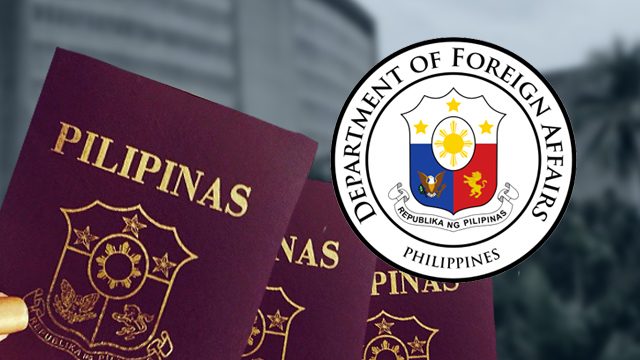
Description:
- Purpose: The passport is an internationally recognized travel document that confirms a person’s identity and nationality.
- Issuing Authority: Issued by the foreign national’s home country.
- Validity: Valid for international travel and typically has an expiration date that varies by issuing country.
Usage:
- Travel: Essential for entering and exiting the Philippines.
- Verification: Used as a secondary form of ID for transactions and interactions where additional identification is required.
3. Philippine Driver’s License (for Foreigners)
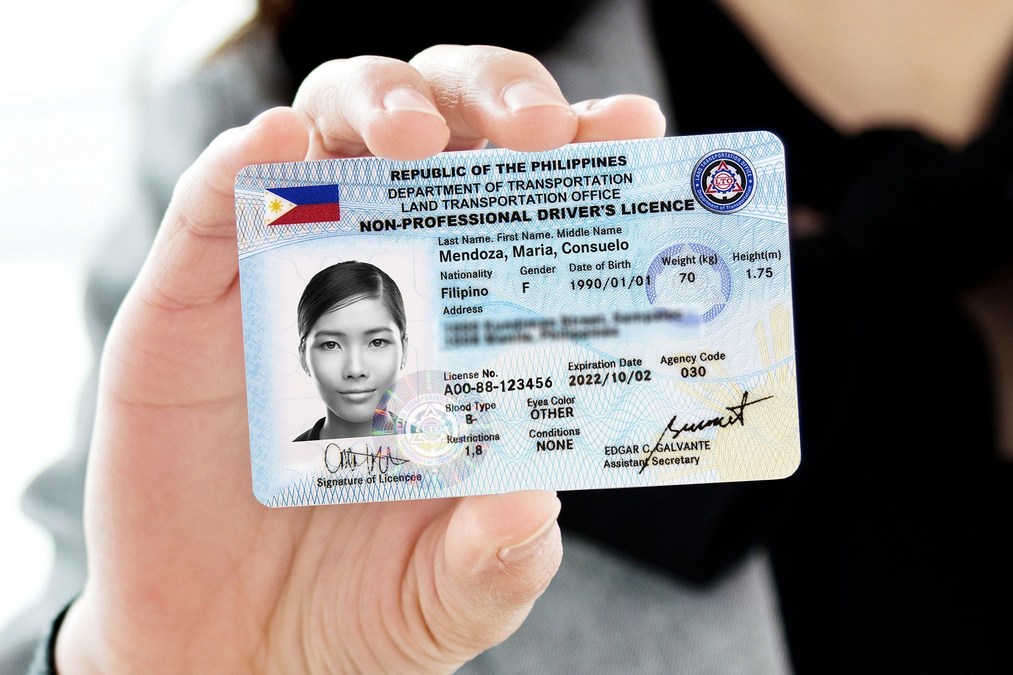
Description:
- Purpose: Allows foreign nationals to drive legally in the Philippines.
- Issuing Authority: Issued by the Land Transportation Office (LTO).
- Eligibility: Foreign nationals with a valid foreign driver’s license can apply for a Philippine driver’s license.
Usage:
- Driving: Required for driving and operating vehicles in the Philippines.
- ID Verification: Accepted as a form of ID for certain transactions.
4. Tax Identification Number (TIN) Card

Description:
- Purpose: A TIN is used for tax purposes and is issued by the Bureau of Internal Revenue (BIR).
- Issuing Authority: Bureau of Internal Revenue (BIR).
- Validity: Permanent, but must be updated if personal details change.
Usage:
- Tax Compliance: Required for tax-related matters, such as opening a bank account or receiving employment.
5. Employment Permit (for Foreign Workers)
Description:
- Purpose: An employment permit issued by the Department of Labor and Employment (DOLE) is required for foreigners working in the Philippines.
- Issuing Authority: Department of Labor and Employment (DOLE).
Usage:
- Work Verification: Used to prove eligibility and authorization to work in the Philippines.
6. Visa
Description:
- Purpose: The visa is a document that allows entry into the Philippines for a specified period.
- Issuing Authority: Issued by the Philippine Embassy or Consulate in the foreign national’s home country or by the Bureau of Immigration (BI) if applying locally.
Usage:
- Entry and Stay: Used for entering the Philippines and determining the duration and conditions of stay.
Summary of Use Cases
- Daily Transactions: The ACR I-Card and passport are the primary IDs used for various transactions and legal requirements. The ACR I-Card is particularly crucial for long-term residents.
- Travel and Identification: The passport is essential for travel and international verification, while the Philippine driver’s license is useful for driving and some administrative processes.
- Tax and Employment: The TIN card and employment permit are necessary for tax compliance and work authorization.
FAQs
1. What is the Alien Certificate of Registration (ACR) I-Card?
Answer: The ACR I-Card is a primary identification card issued by the Bureau of Immigration (BI) for foreign nationals residing in the Philippines. It serves as proof of legal residency and is required for various administrative and legal transactions.
2. How can I obtain an ACR I-Card?
Answer: To obtain an ACR I-Card, you need to apply through the Bureau of Immigration. You will need to provide your passport, a completed application form, and other required documents. The card is usually issued after your initial registration with the BI.
3. Is the ACR I-Card valid for all foreigners in the Philippines?
Answer: The ACR I-Card is valid for foreign nationals who have a long-term visa or are residing in the Philippines. It is not typically required for tourists with short-term visas.
4. Can I use my passport as an ID in the Philippines?
Answer: Yes, a passport can be used as a form of ID in the Philippines. It is essential for international travel and can also be used for various domestic transactions and verifications.
5. What is a Philippine driver’s license for foreigners?
Answer: A Philippine driver’s license allows foreign nationals to legally drive in the Philippines. It can be obtained from the Land Transportation Office (LTO) by presenting a valid foreign driver’s license and meeting other requirements.
6. How do I apply for a Philippine driver’s license?
Answer: To apply for a Philippine driver’s license, you must visit an LTO office, present your valid foreign driver’s license, passport, and other required documents. You may also need to pass a written and practical driving test, depending on your situation.
7. What is a Tax Identification Number (TIN) Card?
Answer: A TIN card is issued by the Bureau of Internal Revenue (BIR) and is used for tax purposes. It is required for foreigners who need to comply with tax regulations, such as those who are employed or engaged in business in the Philippines.
8. How do I obtain a TIN Card?
Answer: To obtain a TIN card, you need to apply at a BIR office. Provide your passport, a completed BIR application form, and other relevant documents. The TIN card is issued to facilitate tax compliance.
9. What is an employment permit for foreigners?
Answer: An employment permit is issued by the Department of Labor and Employment (DOLE) and is required for foreigners who wish to work in the Philippines. It verifies that the foreign national is authorized to work legally in the country.
10. How can I get an employment permit?
Answer: To get an employment permit, you must apply through DOLE or the Philippine Overseas Employment Administration (POEA), depending on your job and visa status. You will need to provide your passport, employment contract, and other necessary documents.
11. What is a visa, and how is it used by foreigners?
Answer: A visa is an official document that allows a foreign national to enter, stay, or transit through the Philippines. It is issued by the Philippine Embassy or Consulate in the foreign national’s home country or by the Bureau of Immigration if applying locally.
12. How can I apply for a visa?
Answer: To apply for a visa, you must submit an application to the Philippine Embassy or Consulate in your home country, or the Bureau of Immigration in the Philippines. Requirements vary depending on the type of visa, but typically include a completed application form, passport, photos, and supporting documents.
13. Can I use my foreign ID for transactions in the Philippines?
Answer: While some transactions may accept foreign IDs, most official and legal processes in the Philippines require specific local IDs such as the ACR I-Card. It is advisable to use the appropriate ID for each type of transaction to ensure compliance with local regulations.
14. What should I do if I lose my ACR I-Card or passport?
Answer: If you lose your ACR I-Card or passport, report the loss immediately to the Bureau of Immigration for the ACR I-Card or to your country’s embassy or consulate for the passport. Follow their procedures to report the loss and apply for replacements.
These FAQs cover essential information about valid IDs for foreigners in the Philippines, helping you understand the requirements and processes for various identification needs.
Conclusion
Foreigners in the Philippines need to present valid IDs for various purposes, ranging from legal transactions to daily activities. The most important IDs include the Alien Certificate of Registration (ACR) I-Card for residents, the passport for international verification, and other documents such as the Philippine driver’s license and TIN card for specific needs. Always ensure that your ID documents are current and in good standing to facilitate smooth interactions and compliance with local regulations.
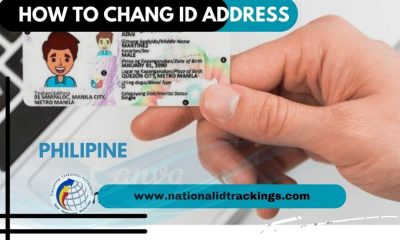
 Uncategorized12 months ago
Uncategorized12 months ago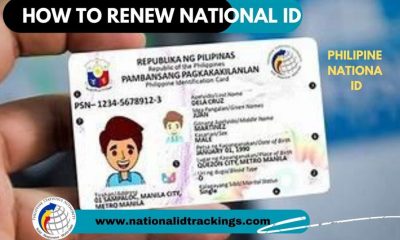
 Uncategorized11 months ago
Uncategorized11 months ago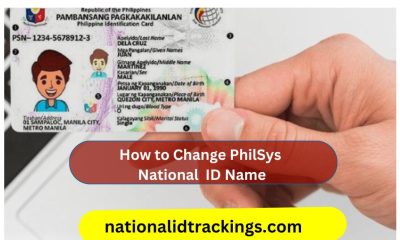
 Uncategorized11 months ago
Uncategorized11 months ago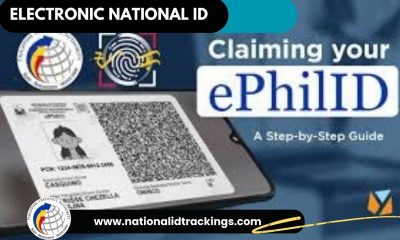
 Uncategorized12 months ago
Uncategorized12 months ago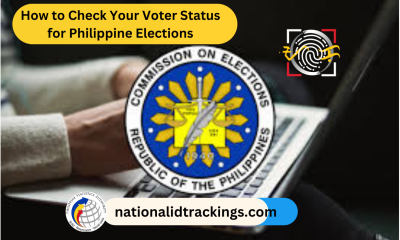
 Uncategorized11 months ago
Uncategorized11 months ago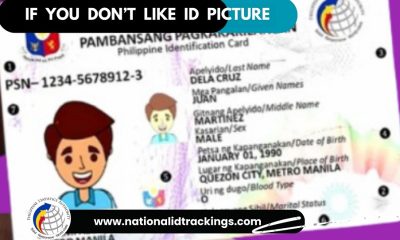
 Uncategorized12 months ago
Uncategorized12 months ago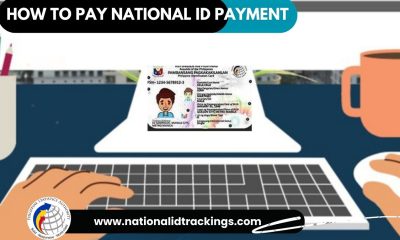
 Uncategorized11 months ago
Uncategorized11 months ago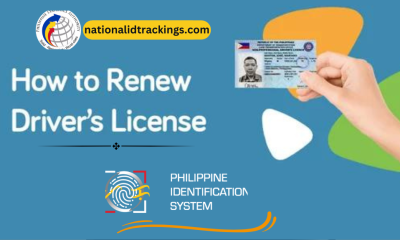
 Uncategorized11 months ago
Uncategorized11 months ago
 Uncategorized11 months ago
Uncategorized11 months ago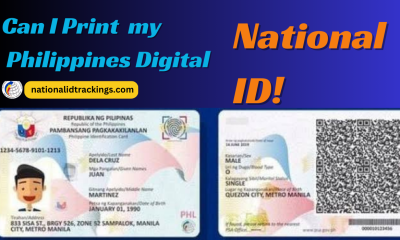
 Uncategorized9 months ago
Uncategorized9 months ago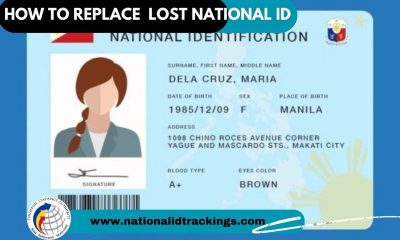
 Uncategorized11 months ago
Uncategorized11 months ago
 Uncategorized9 months ago
Uncategorized9 months ago



-Feb-07-2024-03-07-18-5160-AM.png?width=600&height=400&name=Pics%20for%20blog%20-%20600x400%20(1)-Feb-07-2024-03-07-18-5160-AM.png)